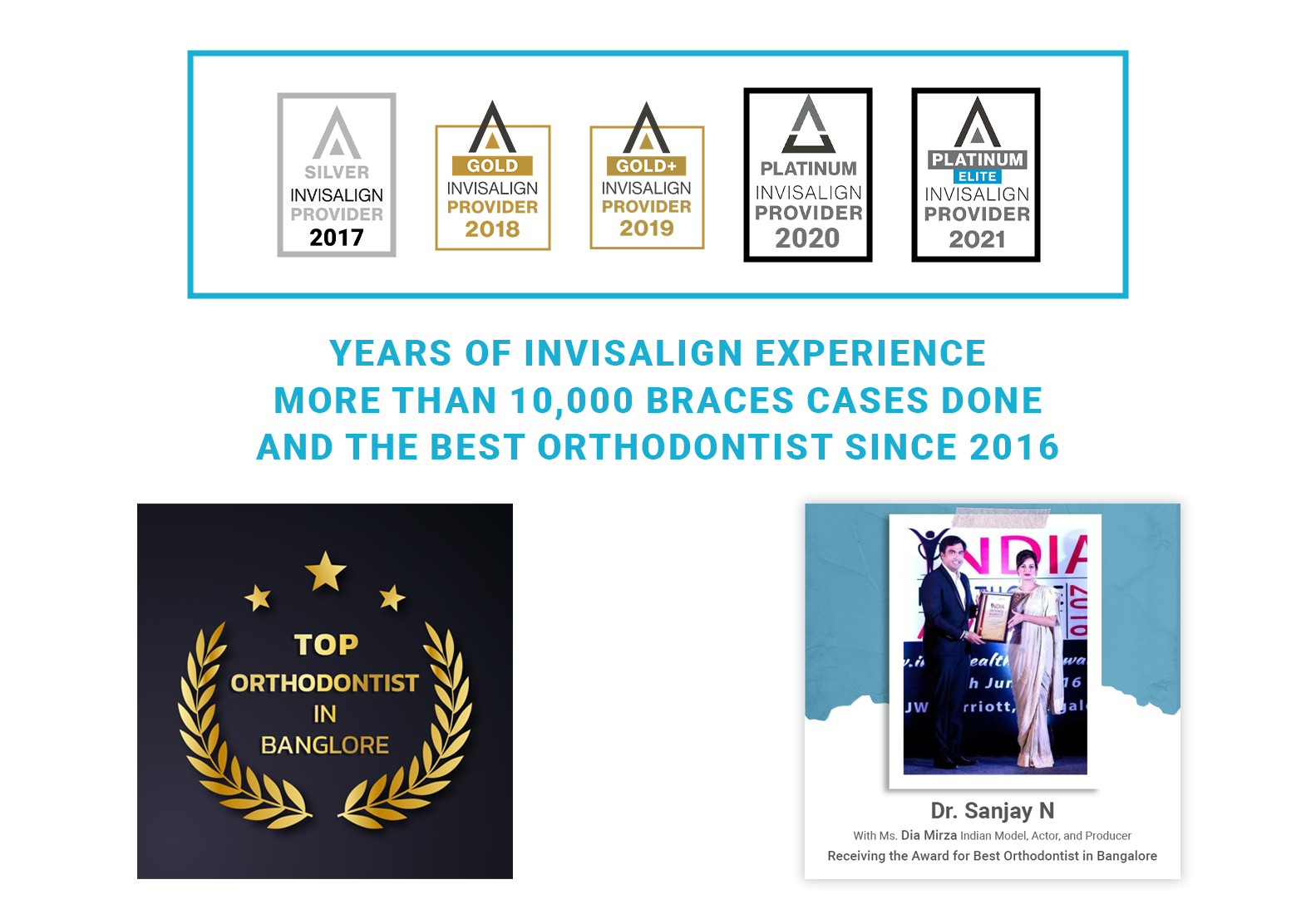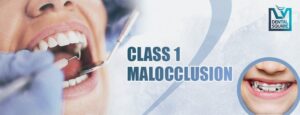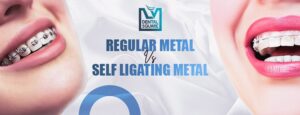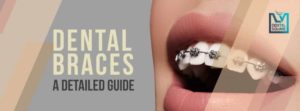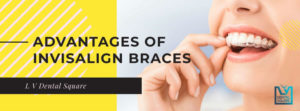
What is Tooth Sensitivity or Sensitive Teeth?
Tooth sensitivity, or “dentin hypersensitivity,” is a pain or discomfort in the teeth as a response to certain stimuli, such as extremely cold or hot temperatures.
Does ice cream or a sip of hot coffee give you a painful experience for your oral health? Does brushing or flossing make you cringe occasionally? If you answered yes, you may be suffering from sensitive teeth.
Sensitive teeth can be classified as a temporary problem or a chronic problem. It can sometimes affect, all the teeth or one tooth. The causes could vary from person to person, but it can be treated depending on the severity of the sensitivity – The most important treatment is a change in your oral hygiene habits
What causes sensitive teeth?
In healthy teeth, the part above the gum line is protected by a layer of enamel. There is a thin layer under the gum line called cementum, that protects the tooth root. And underneath both – the enamel and cementum- is dentin which contains small microscopic canals or tubes. When dentin loses its protective covering, these canals allow heat and cold or acidic or sticky foods to reach the nerves and cells inside the tooth and the result is hypersensitivity.
In some cases, people naturally have more sensitive teeth than others due to having thinner enamel. A few reasons why teeth sensitivity occur:
- brushing your teeth too hard
- using a hard toothbrush
- grinding your teeth at night
- regularly eating or drinking acidic food
There are other conditions too that can wear down the enamel and cause tooth sensitivity.
- Gastroesophageal reflux (GERD): This can cause the acid to come up from the stomach and esophagus, and may wear down teeth over time.
- Gum recession: This leaves parts of the tooth unprotected and exposed, thereby causing sensitivity. Also, chipped teeth, broken teeth, and worn-down fillings can leave the dentin of the tooth exposed, causing sensitivity.
- Dental work effects: Your teeth may be temporarily sensitive following dental work like fillings, crowns, or teeth bleaching. In this case, sensitivity will also be confined to one tooth or teeth surrounding the tooth that received dental work. This should subside after several days.
What are the symptoms of sensitive teeth?
The pain and discomfort experienced from sensitivity is in response to certain triggers. This pain is felt at the roots of the affected teeth and may range from mild to intense. The most common triggers include:
- hot foods and beverages
- cold foods and beverages
- cold air
- acidic foods and beverage
- cold water, especially during routine dental cleanings
- brushing or flossing teeth
- alcohol-based mouth rinses
How to prevent sensitive teeth?
The foremost prevention measure for tooth sensitivity is to visit a dental professional for a proper assessment and to find out the best steps to take for treatment and avoiding areas the cause sensitivity.
Other ways to prevent sensitivity are:
- Desensitizing toothpaste. The toothpaste contains substances that help block the flow of sensation from the tooth surface to the nerve. This requires several applications before the sensitivity is completely reduced.
- Fluoride gel. Fluoride gel strengthens tooth enamel and reduces the transmission of sensations.
- A crown, inlay or bonding. Can be used to correct a decay or a flaw that results in sensitivity.
- Surgical gum graft. If gum tissue is lost from the root completely, surgical gum grafting will protect the root and reduce sensitivity.
- Root canal. If sensitivity is severe and persistent and cannot be treated by any other means, root canal is the treatment you need to opt for.
Besides this, proper oral hygiene is the most important way to preventing sensitive-tooth pain. At LV Dental Square, we provide complete treatment for tooth sensitivity and if you have any questions about your daily oral hygiene routine or concerns about tooth sensitivity, we address them too.

